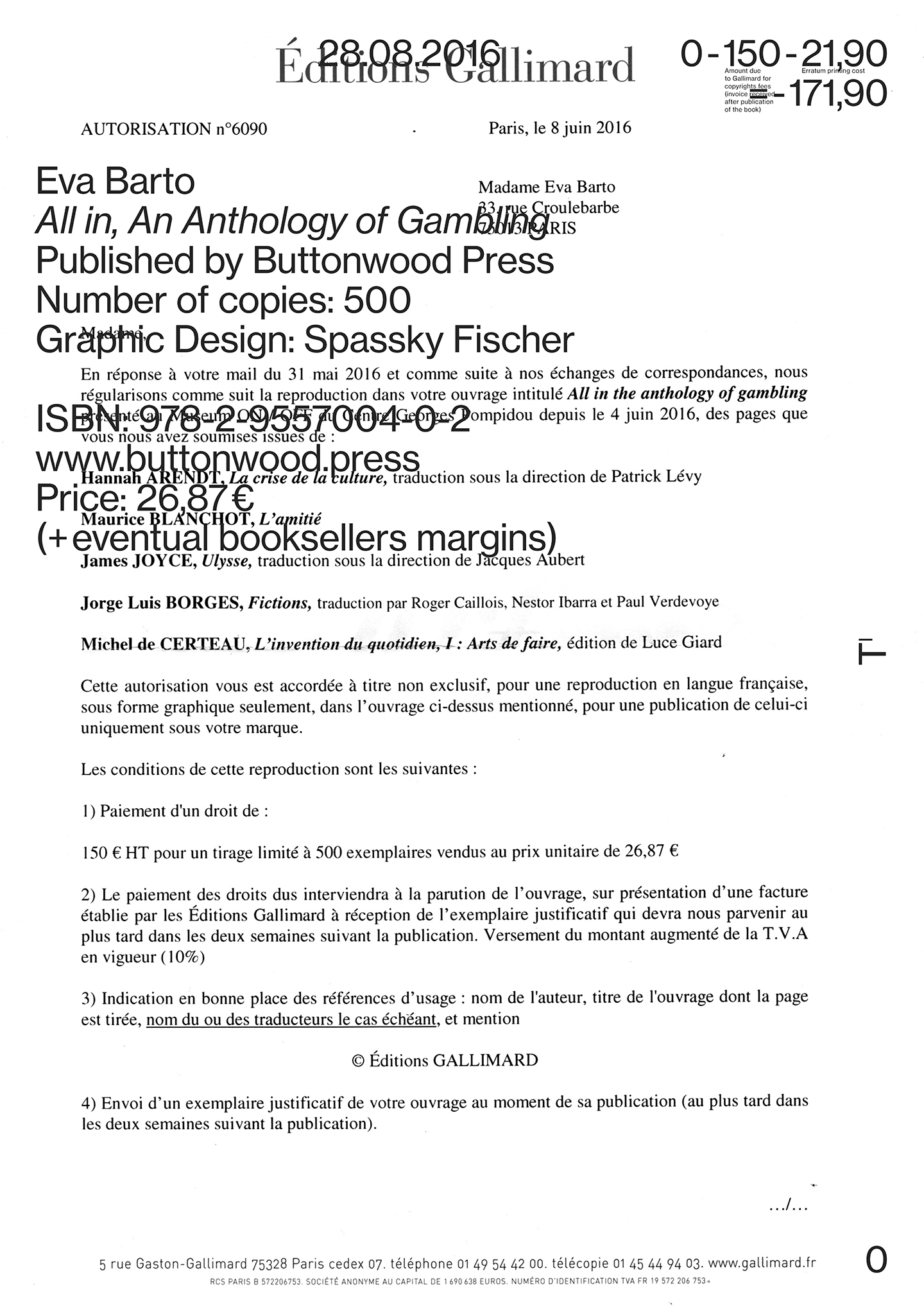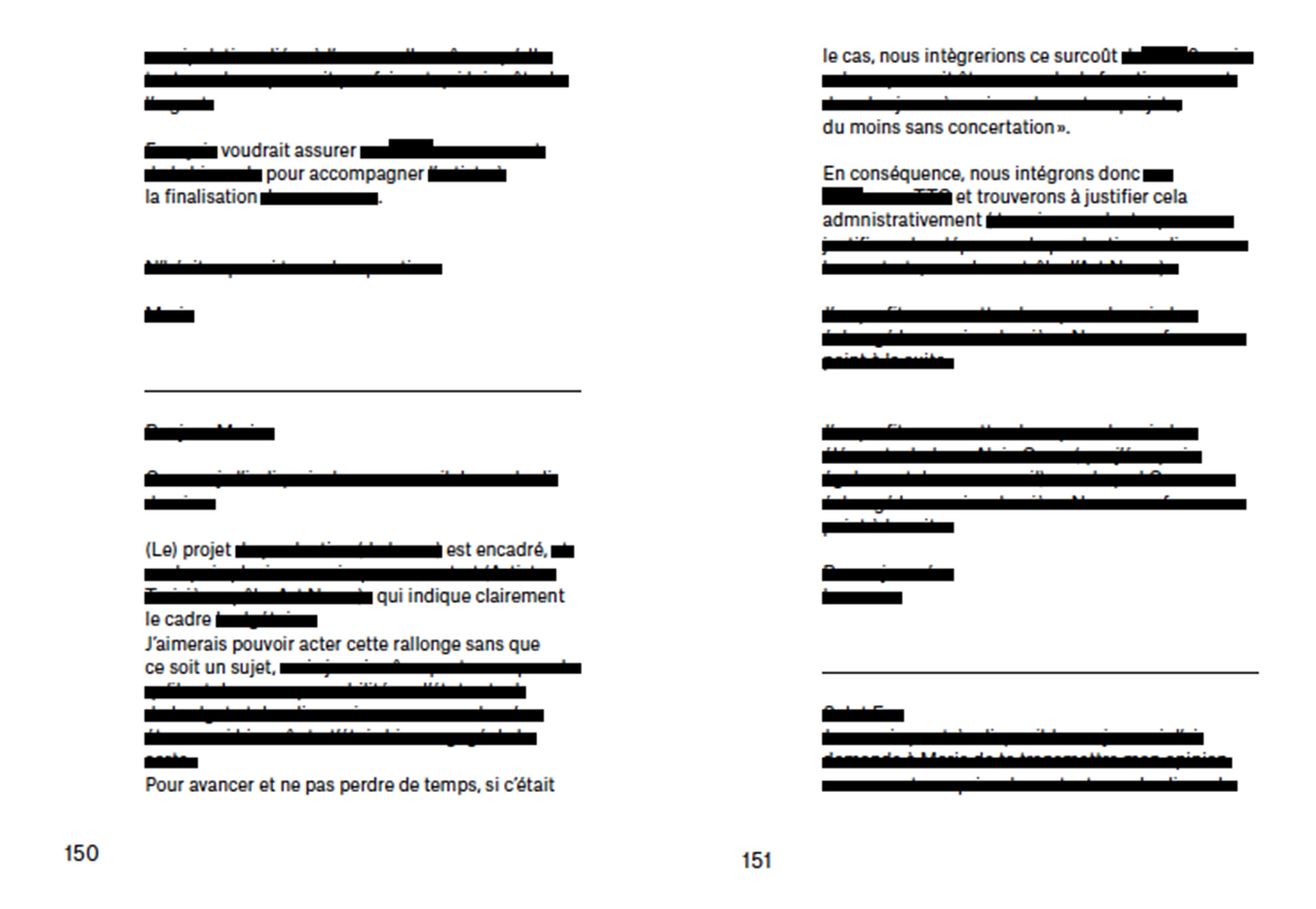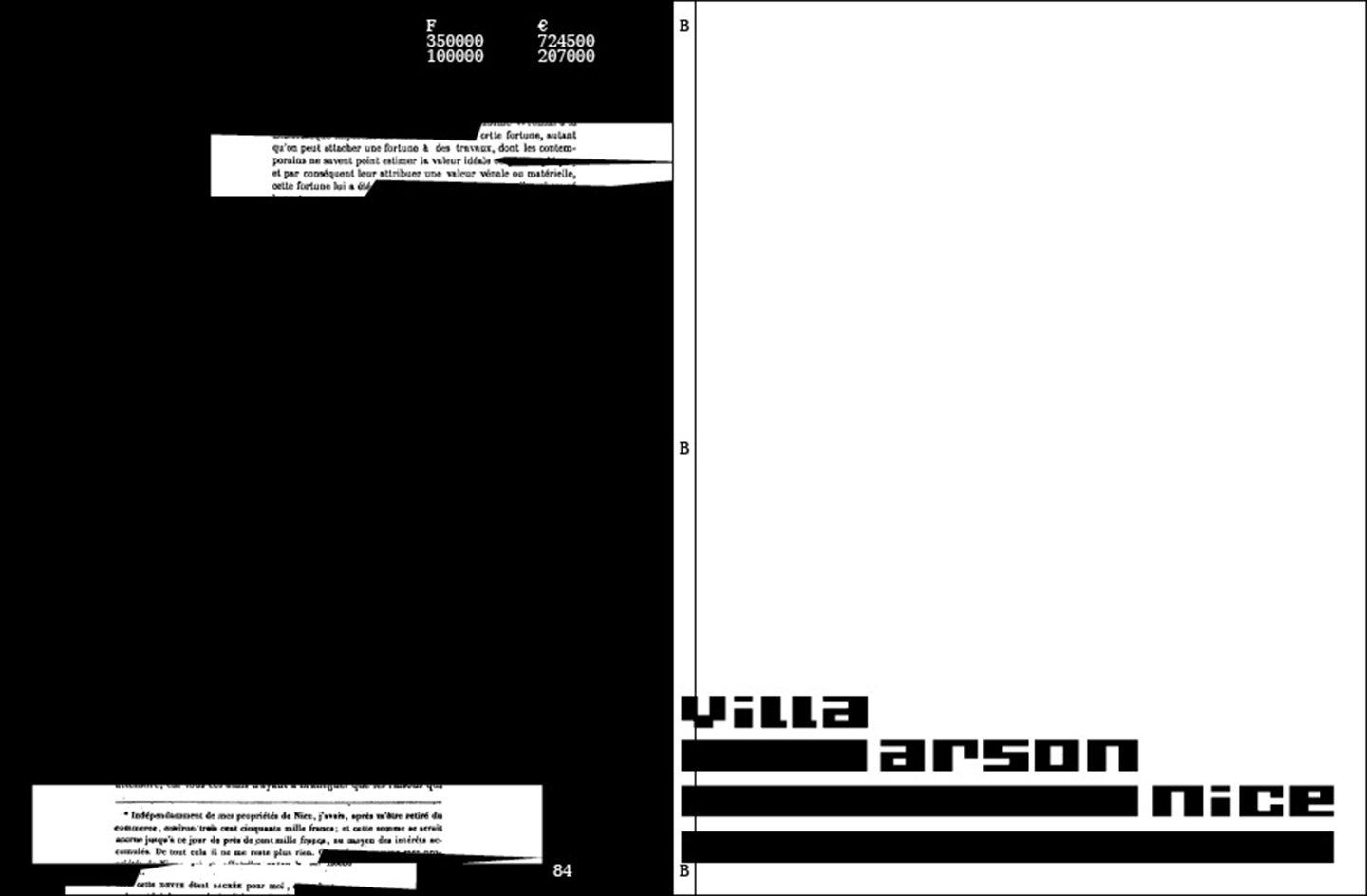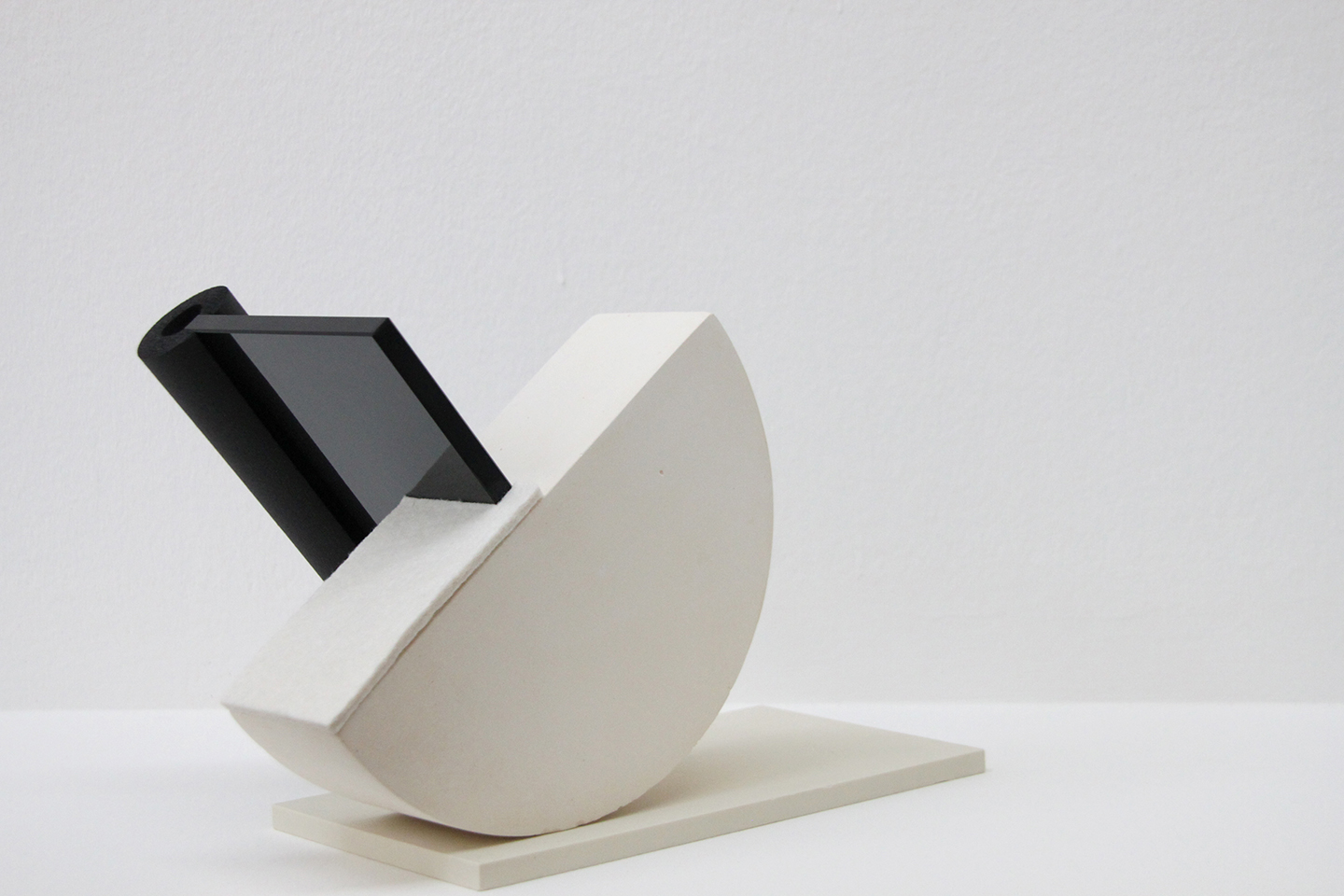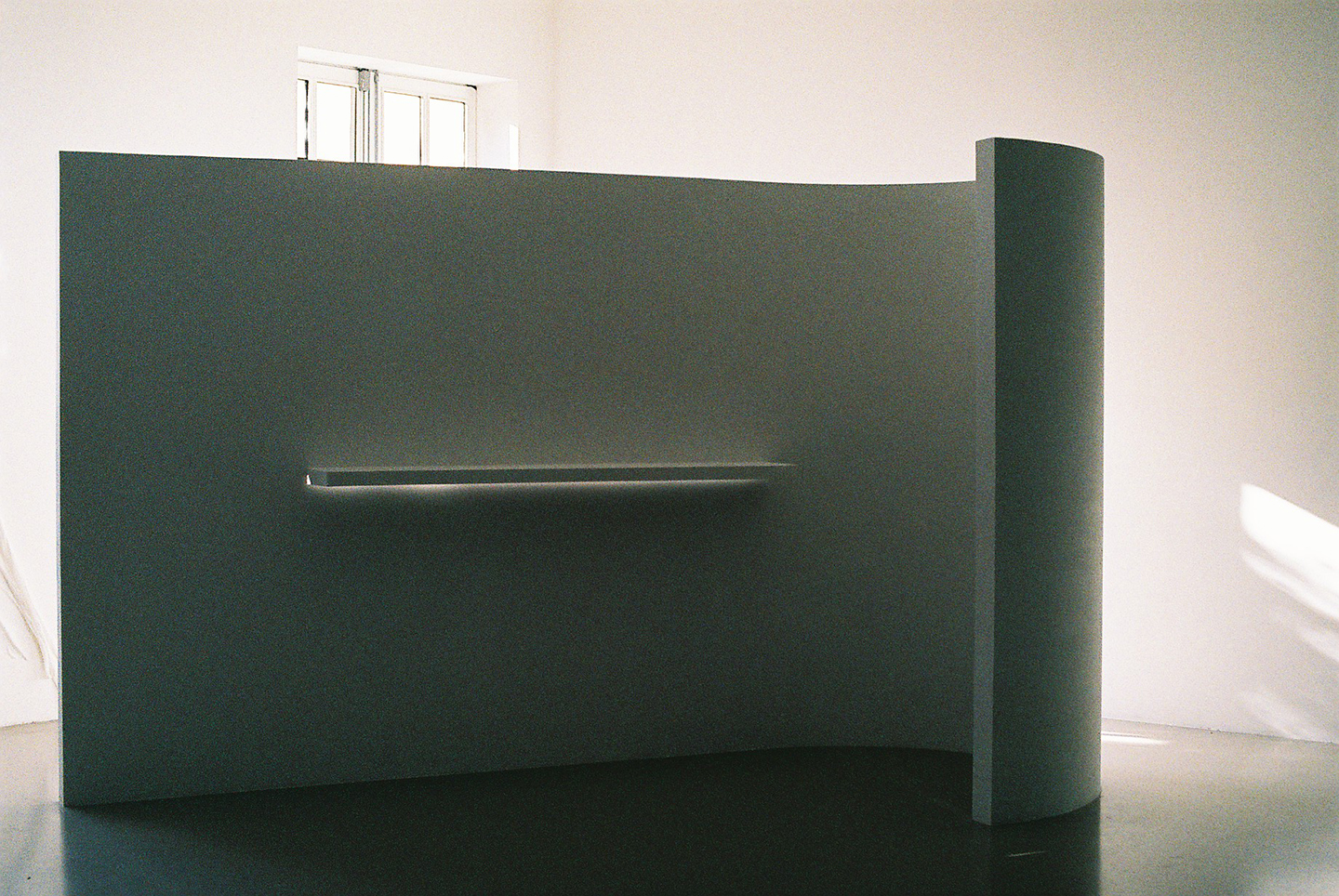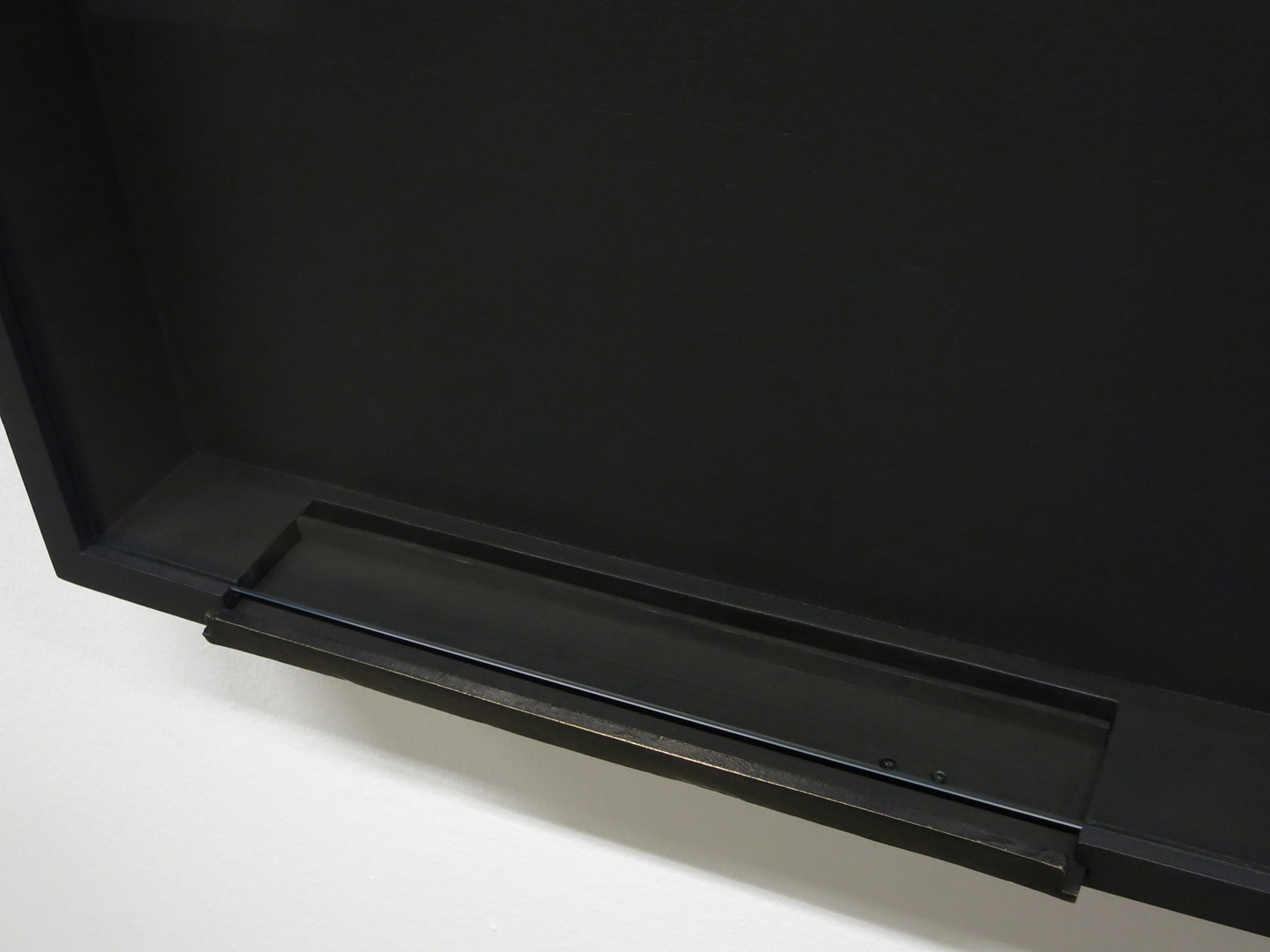Eva Barto + Sophie Bonnet-Pourpet
Eva Barto graduated from the School of Fine Arts (Paris, 2013) and attended the post-graduate program at Ensba (Lyon, 2014). Recent solo shows include La BF15 (Lyon, 2015), Primo Piano (Paris, 2015), gb agency (Paris, 2016), Villa Arson (Nice, 2016). Her works have been presented at Centre Pompidou (Paris, 2016), Biennale de Rennes (2016), Kadist (Paris, 2016), Van Gelder (Amsterdam, 2016), Marcelle Alix (Paris, 2015) and soon at Fondation d’Entreprise Ricard (Paris, 2017) and Wattis Art Center (San Francisco, 2017). She recently initiated the publishing project Buttonwood.
www.evabarto.net
Sophie Bonnet-Pourpet lives and works in Paris. She studied at the Ecole des Beaux-Arts in Lyon. Her work was exhibited in France at Fondation Ricard (Paris), Palais de Tokyo where she was resident at the Pavillon (Paris), Institut d'Art Contemporain (Villeurbanne), Centre d'art du Parc St Léger (Pougues-les-eaux). And abroad at LiveInYourHead (Switzerland), Tel Aviv Museum of Art (Israël), Institute of Contemporary Arts Singapore (Singapore) and Los Angeles Contemporary Exhibitions (USA).
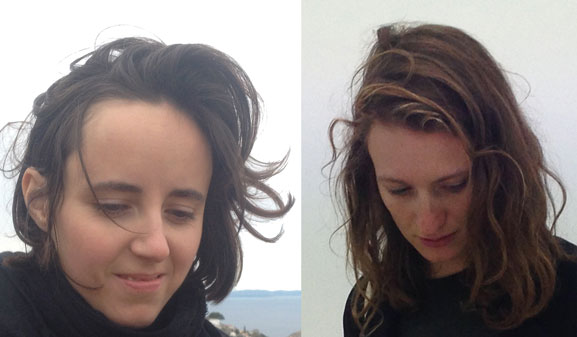
PROJECT PROPOSAL FOR BFSP #02
Disclaiming the inheritance is willing to trigger the survival of bronze artefacts through generations and the conditions of their transmission over time. Stemming from research on inheritance history and law, especially in taking into account the succession and the sharing of properties, the object we conceived goes along its potential threat of disappearance. We consider an object that could be a leftover of an inheritance, saved from a succession episode: on the backside of a table - then used as a makeshift storage - an abstract measurement bronze’s tool is nailed. The tool, as a valuable inherited object, is a quixotic apparatus provided with its owns complex distribution rules revealing the absurdity of the existing codes related to the contemporary handover of proprieties. A tool for the allocation to future owners, taking into considerations their apparent legitimacy, their agreements and their disagreements, their compromises. Along with and attached next to the bronze tool, a wax brick equivalent to the same volume is wrapped and labeled with a pledge contract bearing the mention « voucher for recasting ». The pledge is assigning a proper value to the tool while suggesting its potential loss. This given dilemma question the inherent responsibility of the bronze production today, meanwhile challenging its existential conditions. In case of last resort, the tool is subject to cancellation, to be recast, and potentially returned to its own material attribute, as a “lost-bronze”.


